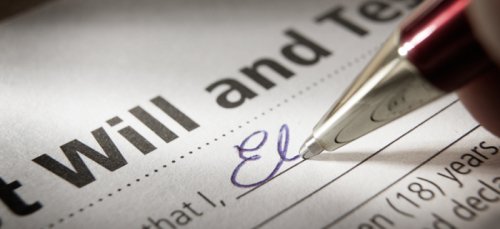
Your Will is a legal document that names the people you want to receive your property and possessions at the date of your death.
These people are known as your beneficiaries. Your property and possessions include everything you own: your home, land, car, money in the bank, superannuation and insurance policies, shares, jewellery, household contents, antiques, collections, intellectual property and so on.
It is particularly important to make a will if you have a family or other dependants. Even if you are married with dependants you need a Will. If husband and wife die together, for instance in a motor accident, the older person is normally presumed to have died first. If you were the younger person, you might have inherited assets from your spouse – even though you were by then deceased – but, if you had not made a Will, your assets would be distributed under a rigid formula regardless of what you might have wished.
If you don’t have a Will, you’re not alone – a recent Newspoll survey revealed that 43 per cent of the adult population in NSW does not have a Will. And yet writing a Will is something every Australian aged 18 or over should do.
An up to date and legally valid Will is the best way of making sure you look after your loved ones, and leave them with the things you love.
Equally as important as your Will, a ‘Power of Attorney’ is a written document in which you (the ‘principal’) appoint someone else (‘attorney’) to act for you. Your attorney can do any legal act you ask him or her to perform.
Everyone should consider having a Power of Attorney.
The power of attorney allows you to pick someone you trust to handle your affairs if you cannot do so yourself. It gives you peace of mind, reassuring you that in an emergency, someone you choose will have the authority to act for you.
If you don’t have a power of attorney and you are suddenly incapacitated, your family may have to go through an expensive and time-consuming court action to appoint a guardian or conservator to make decisions for you.
Please contact our office should you require any additional information regarding Wills or Powers of Attorney.
